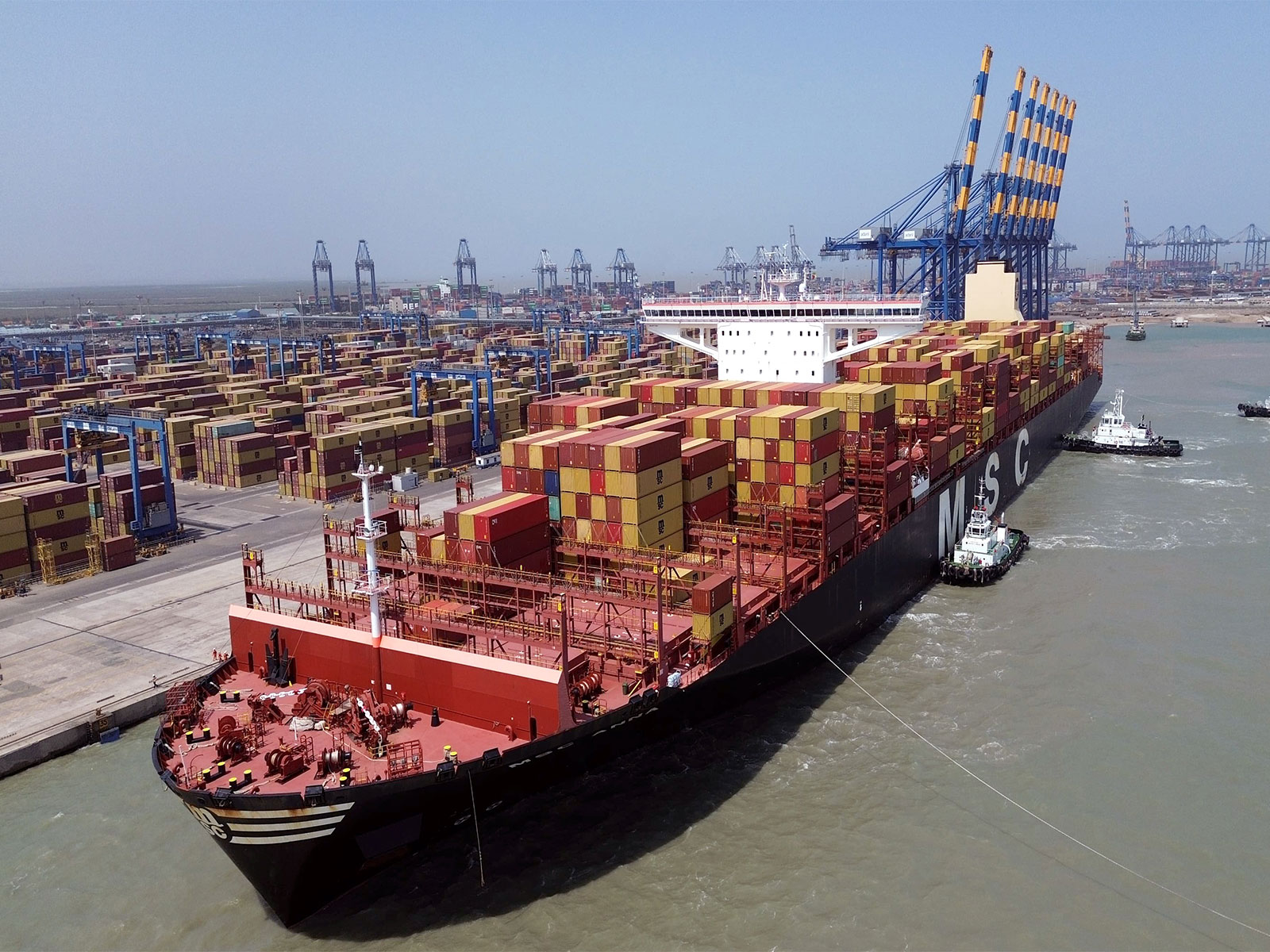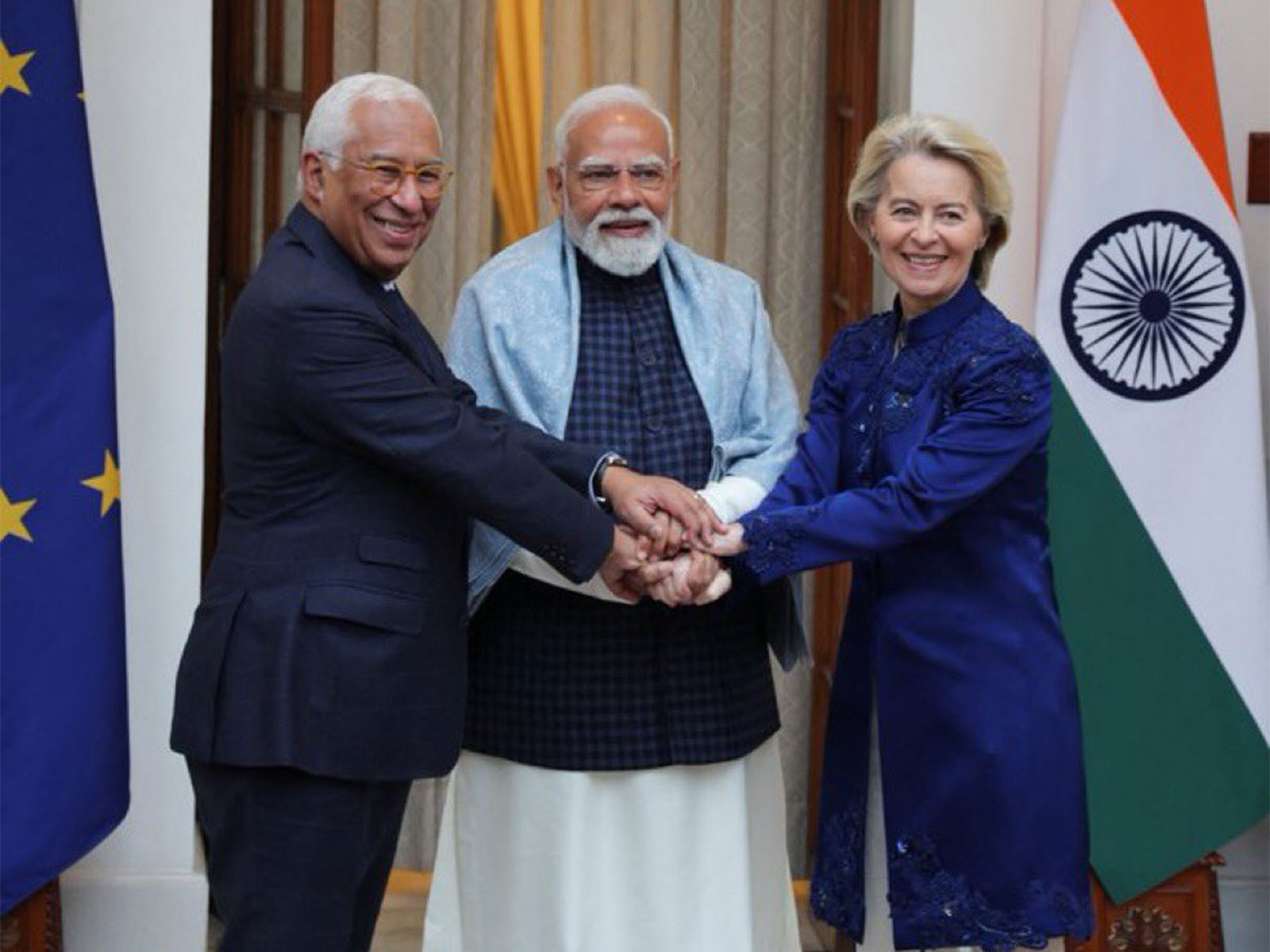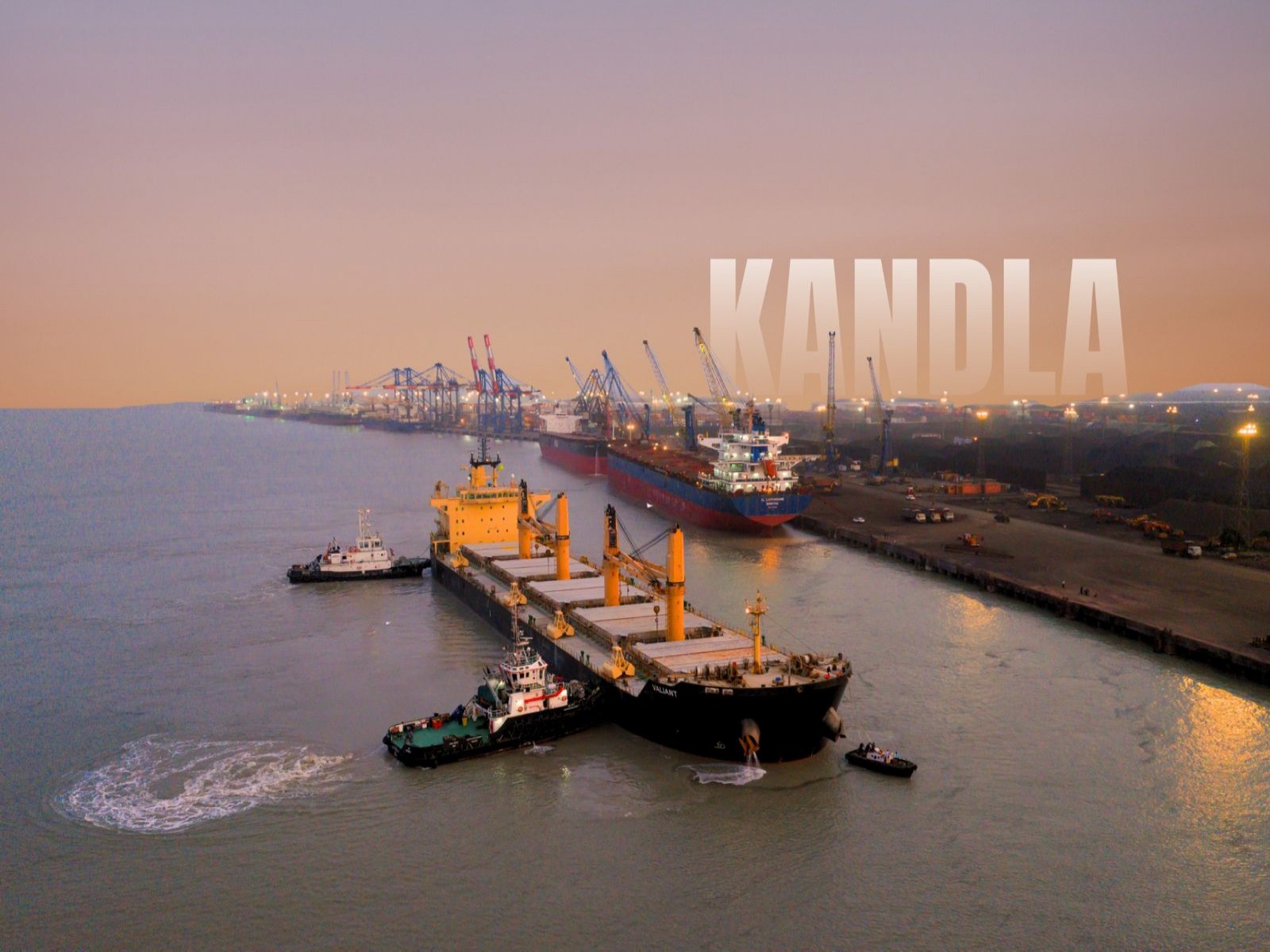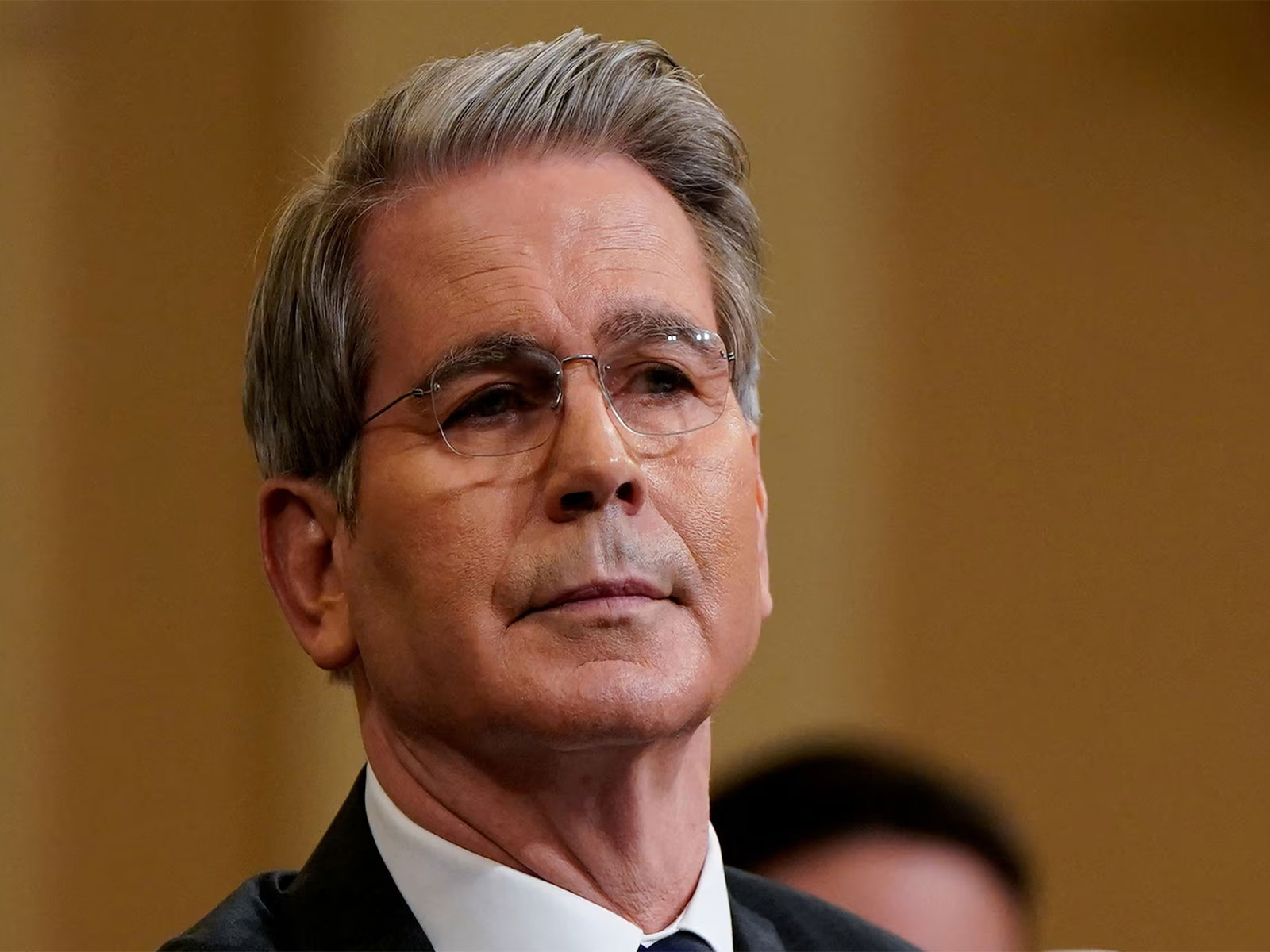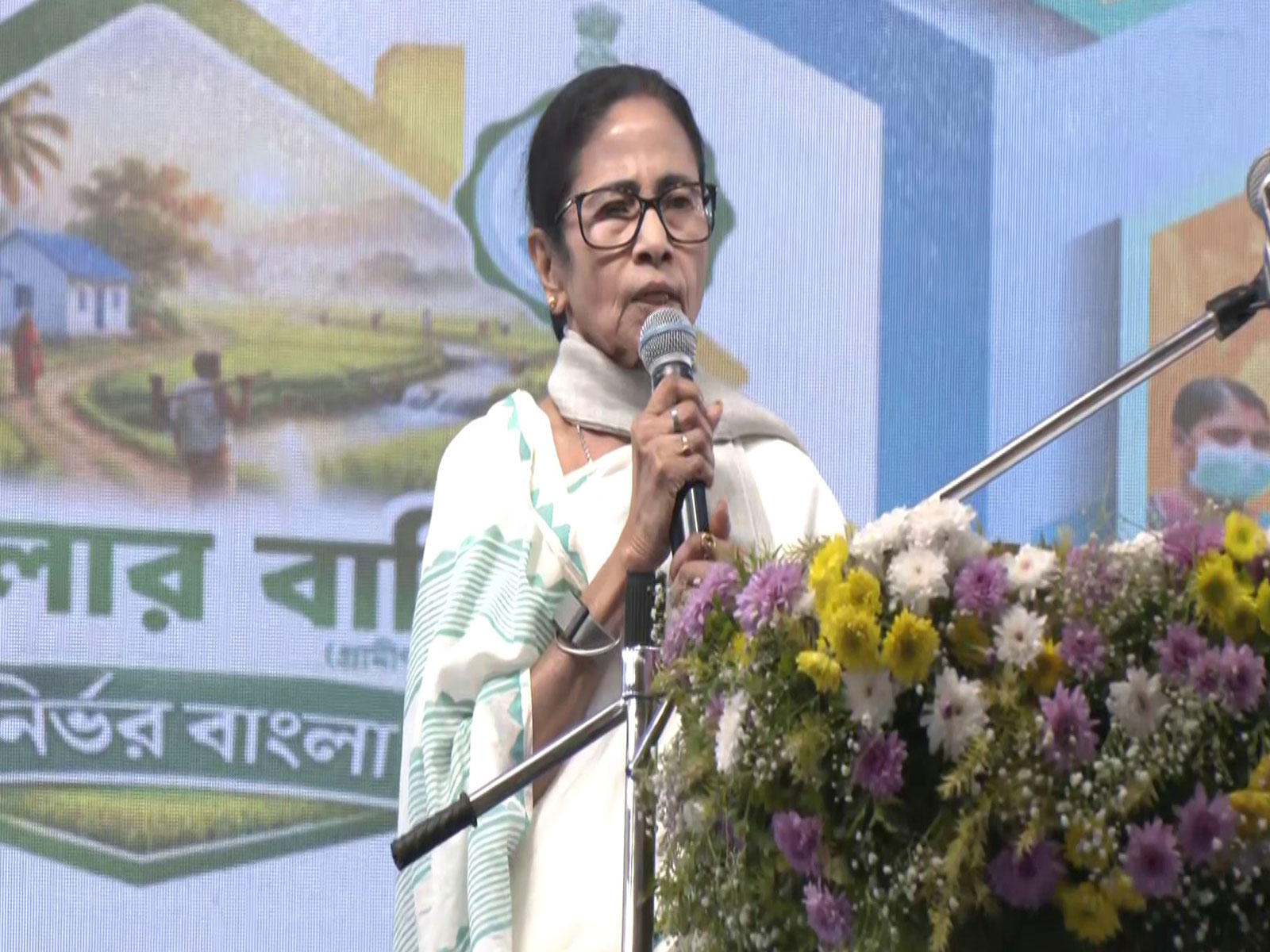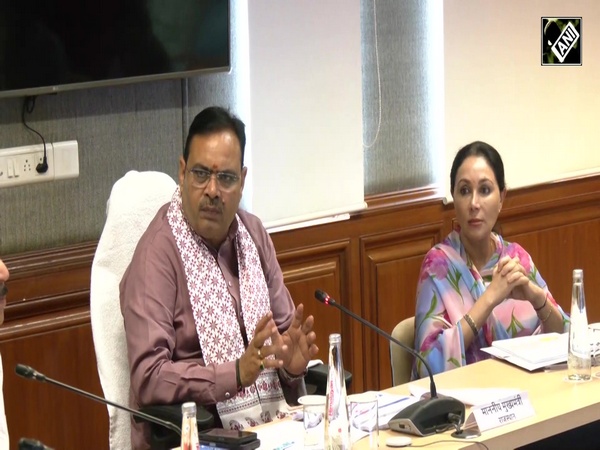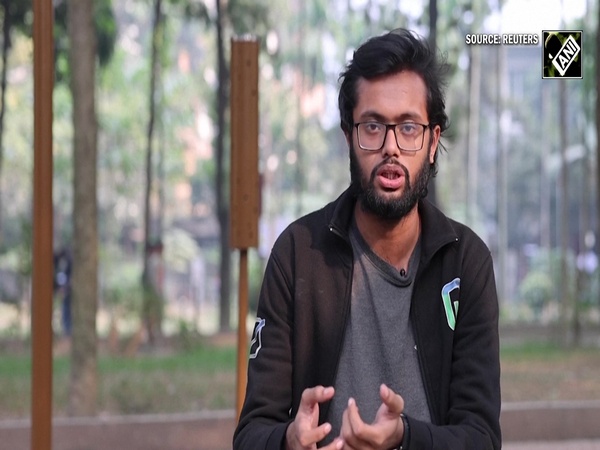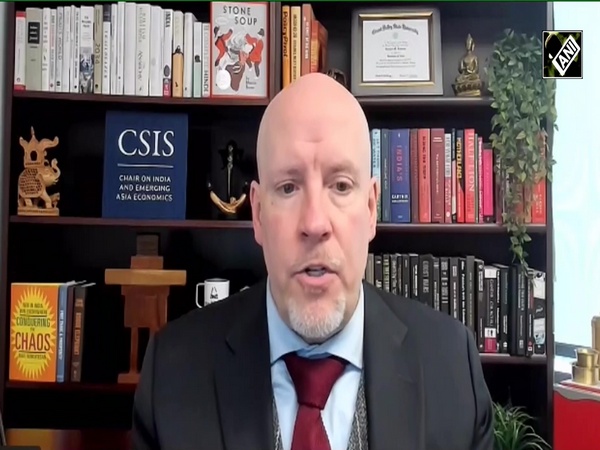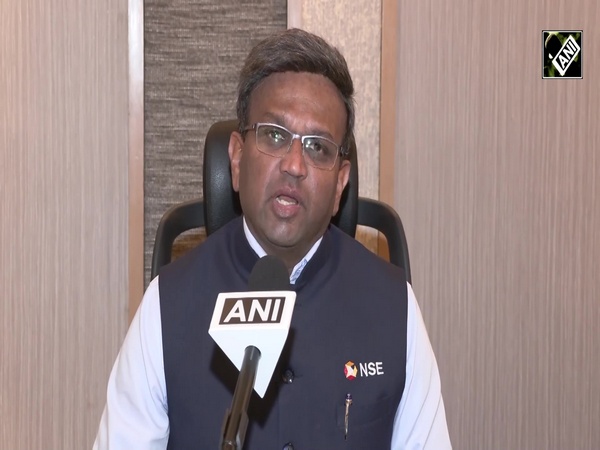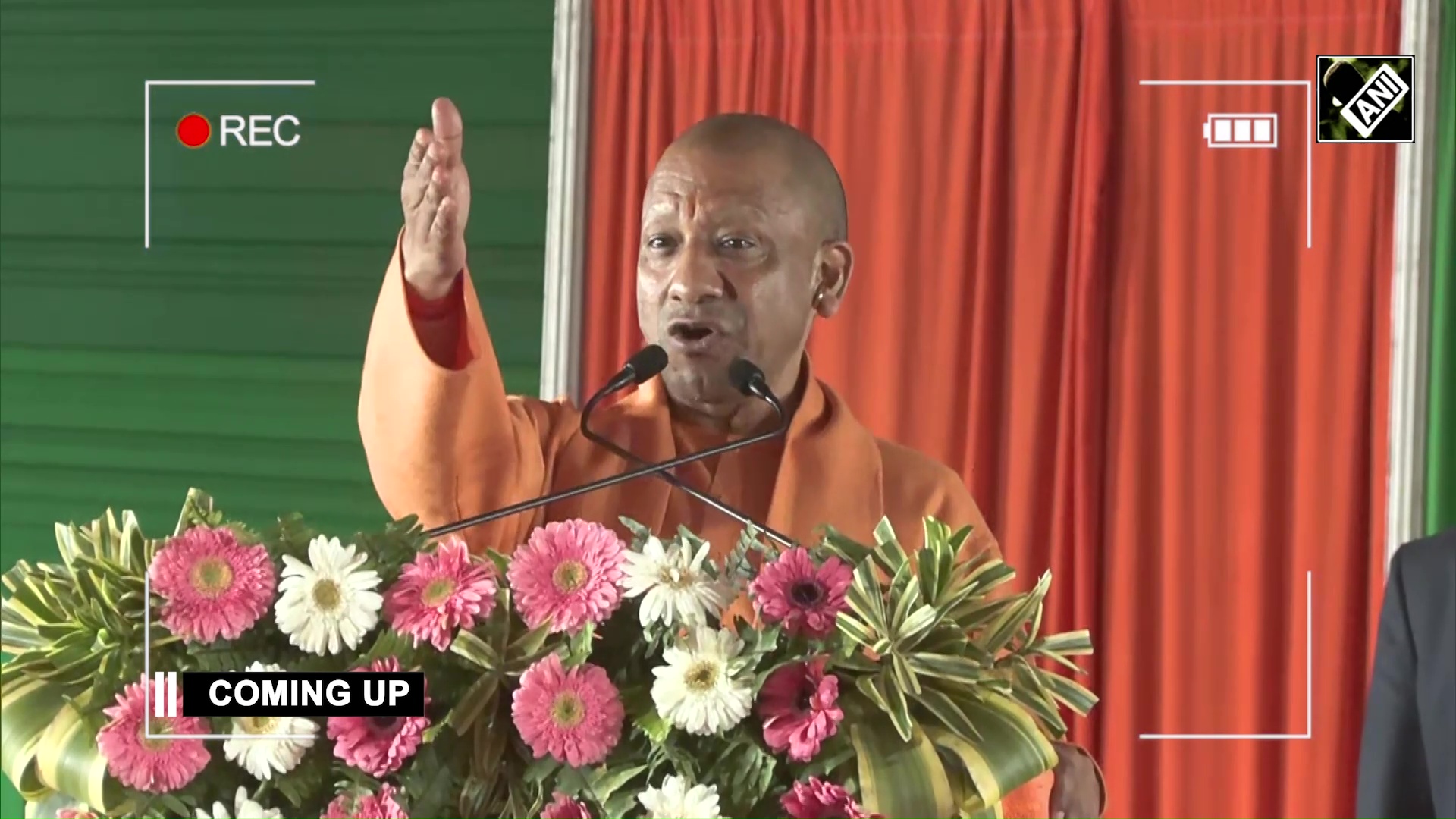Wealth of 10 richest person doubled while incomes of 99 per cent people declined during pandemic
Jan 17, 2022

New Delhi [India], January 17 : The world's ten richest men more than doubled their fortunes from $700 billion to $1.5 trillion --at a rate of $15,000 per second or $1.3 billion a day-- during the first two years of a pandemic that has seen the incomes of 99 per cent of humanity fall and over 160 million more people forced into poverty, according to an Oxfam International report released on Monday.
"If these ten men were to lose 99.999 per cent of their wealth tomorrow, they would still be richer than 99 per cent of all the people on this planet," Oxfam International's Executive Director Gabriela Bucher said in the report.
"They now have six times more wealth than the poorest 3.1 billion people," she added.
Billionaires' wealth has risen more since COVID-19 began than it has in the last 14 years. At $5 trillion dollars, this is the biggest surge in billionaire wealth since records began.
Oxfam International said, its calculations are based on the most up-to-date and comprehensive data sources available. "Figures on the very richest in society come from Forbes' 2021 Billionaires List. Figures on the share of wealth come from the Credit Suisse Research Institute's Global Wealth Databook 2021. Figures on the incomes of the 99 percent are from the World Bank."
According to Forbes, the 10 richest people, as of 30 November 2021, have seen their fortunes grow by $821 billion dollars since March 2020. The 10 richest men were listed as: Elon Musk, Jeff Bezos, Bernard Arnault & family, Bill Gates, Larry Ellison, Larry Page, Sergey Brin, Mark Zuckerberg, Steve Ballmer and Warren Buffet.
A one-off 99 per cent tax on the ten richest men's pandemic windfalls, for example, could pay: to make enough vaccines for the world; to provide universal healthcare and social protection, fund climate adaptation and reduce gender-based violence in over 80 countries. All this, while still leaving these men $8 billion better off than they were before the pandemic, the report noted.
"Billionaires have had a terrific pandemic. Central banks pumped trillions of dollars into financial markets to save the economy, yet much of that has ended up lining the pockets of billionaires riding a stock market boom. Vaccines were meant to end this pandemic, yet rich governments allowed pharma billionaires and monopolies to cut off the supply to billions of people. The result is that every kind of inequality imaginable risks rising. The predictability of it is sickening. The consequences of it kill," said Bucher.
Extreme inequality is a form of economic violence, where policies and political decisions that perpetuate the wealth and power of a privileged few result in direct harm to the vast majority of ordinary people across the world and the planet itself.
"The world's response to the pandemic has unleashed this economic violence particularly acutely across racialised, marginalised and gendered lines. As COVID-19 spikes this turns to surges of gender-based violence, even as yet more unpaid care is heaped upon women and girls," she said.
In a new briefing "Inequality Kills," published on Monday ahead of the World Economic Forum's Davos Agenda, Oxfam says that inequality is contributing to the death of at least 21,000 people each day, or one person every four seconds. This is a conservative finding based on deaths globally from lack of access to healthcare, gender-based violence, hunger, and climate breakdown.
The pandemic has set gender parity back from 99 years to now 135 years. Women collectively lost $800 billion in earnings in 2020, with 13 million fewer women in work now than there were in 2019. 252 men have more wealth than all 1 billion women and girls in Africa and Latin America and the Caribbean combined.
"The pandemic has hit racialized groups hardest. During the second wave of the pandemic in England, people of Bangladeshi origin were five times more likely to die of COVID-19 than the White British population. Black people in Brazil are 1.5 times more likely to die from COVID-19 than White people. In the US, 3.4 million Black Americans would be alive today if their life expectancy was the same as White people --this is directly linked to historical racism and colonialism," the report noted.
Inequality between countries is expected to rise for the first time in a generation. Developing countries, denied access to sufficient vaccines because of rich governments' protection of pharmaceutical corporations' monopolies, have been forced to slash social spending as their debt levels spiral and now face the prospect of austerity measures. The proportion of people with COVID-19 who die from the virus in developing countries is roughly double that in rich countries, it said.
